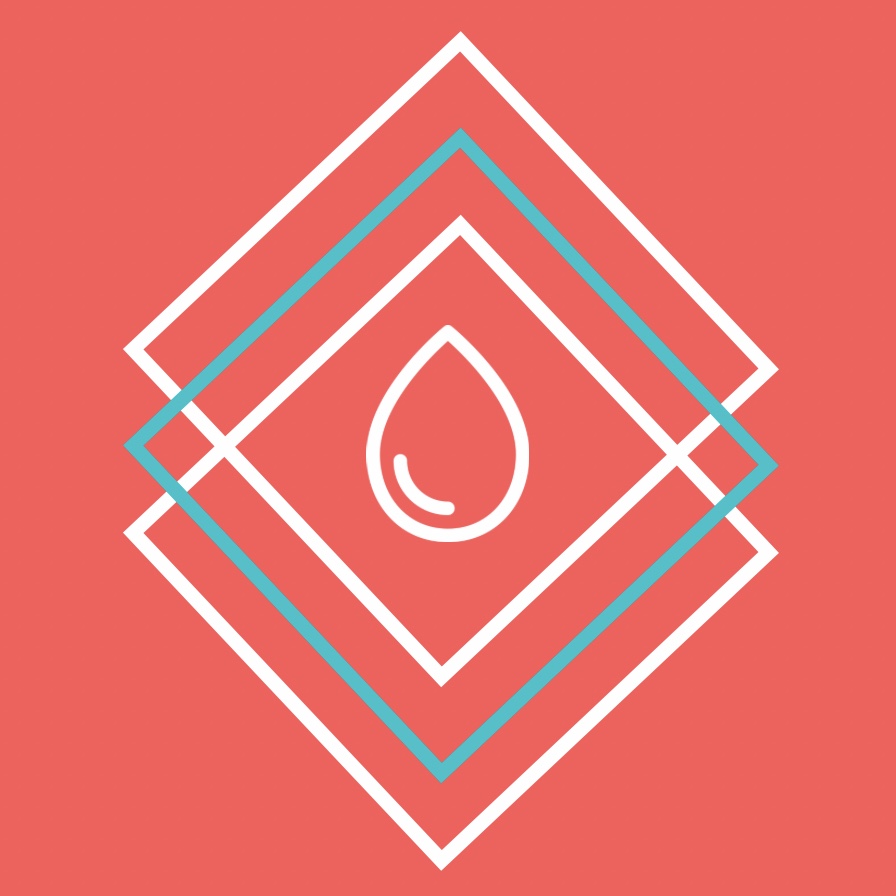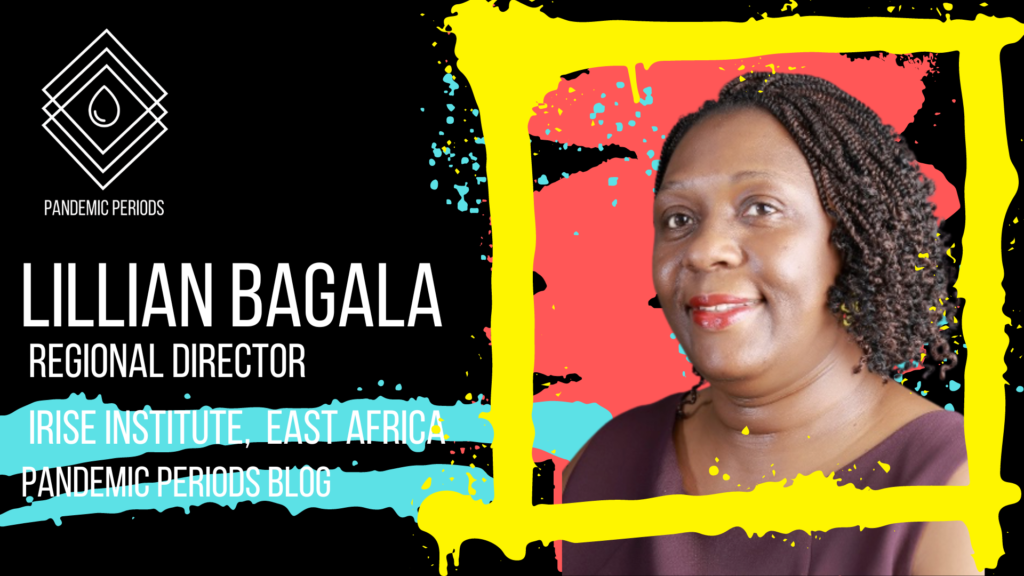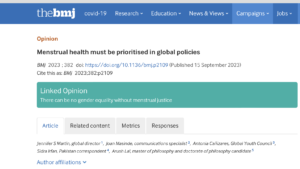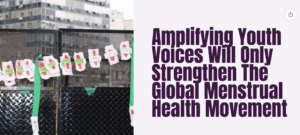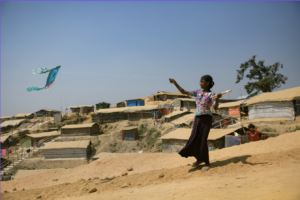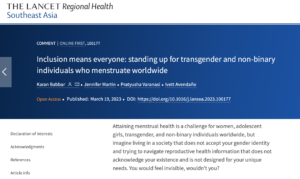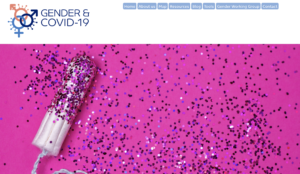At Irise, our mission is to create menstrual health-friendly schools and communities around East Africa by providing educational resources and high-quality sustainable menstrual products. In the fight against period poverty, our efforts are much appreciated but there is still slow adoption to rescue and restore girls’ dignity and it’s often done without considering the feminist approach. We all know that menstruation is a reality and a basic fact of life for millions of women around the globe but on every continent, the question remains, can people access menstrual products and information to manage menstruation with dignity? I make a conscious effort to focus on the good work that was birthed through Irise, ensuring that menstrual health education and community awareness break stigmas and cultural norms in East African Communities. Irise also strives to increase access to menstrual products for vulnerable girls in and around schools, it always brings a smile to our faces. Over 20,000 school girls have benefited from our programs directly, as well as 1000 families and the capacities of 150 teachers to positively support menstruating girls. We have seen a significantly improved school attendance by girls in rural schools where we work.
The safety of women and girls goes hand in hand with empowerment to ensure functional well-being. However, periods have for generations been a factor not considered in the design and development of programs. With the recent developments in the wake of the COVID-19 impact, women and girls became more vulnerable and in our community settings, many were forced into child marriages because of failure to access products to manage periods and lack of voice to speak out for their rights.
It’s time to revolutionize and break the continuous cycle of tackling menstruation and recognize the role of feminists in speaking to the inequities associated with periods. When we bring it into open discussion, the injustices and inequalities associated with menstruation from the feminist angle will be well understood and integrated into delivery models. There is an interesting view of the menstrual movement manifesting as an injustice from the human rights perspective. The need to engage and approach it from the feminist perspective is much more effective to front an agenda for the menstrual movement as feminist menstrual health advocates. This strategy provides substantial ammunition for advocacy.
Feminism is viewed differently by different communities but for this purpose, we want feminists’ voices to be heard. If all the efforts to break stigmas surrounding menstruation are still being met with resistance, we should meet that resistance with the voices of powerful women. It will help young girls to be empowered with self-awareness and expression as they are confronted with daily challenges. When girls begin to understand and accept themselves as uniquely created beings, their voices will matter to themselves and their communities. The negotiating terms would imply that women and girls respect each other’s voices and learn how to confidently communicate. We started the journey to build a young feminist movement to advocate for menstrual health rights at the grassroots, to promote and revitalize menstrual practices that are healthy and give a woman a sense of dignity. There is a collective call to reduce the stigma and shame around menstruation as part of loosening the social control of women’s bodies by bold feminist activists.
While working in the field of menstrual health, I recognize that our beneficiaries, who are largely women and girls, do not have homogenous menstrual health needs. Some lack the basic MH information, some lack access to products, and others experience emotional and mental distress and many other challenges. Therefore, providing tailored solutions to the specific needs of all our beneficiaries should be intentional. A feminist perspective puts choice at the forefront, women and girls need an opportunity to choose the menstrual products of their preference whether a flow cup, disposable or reusable pad or even period underwear. Freedom of choice for a menstrual product is one of our governing principles during our product distribution interventions. Some girls for example openly say no to menstrual flow cups, and we must provide them with another alternative let us say reusable pads. In the same regard, our school and community-based activities occur with respect to the different socio-cultural and religious settings of the diverse communities in which we operate. As intersectional feminists, we recognize that our society is predominantly governed by culture and religion and that menstrual-related talks are still conservatively considered taboo within some sections of our society. We, therefore, adopted the community champion model where we work with cultural and religious leaders, and other opinion leaders to influence communities to address negative menstrual stereotypes, practices, and beliefs, to create a conducive environment for women and girls to menstruate with dignity.
Due to menstrual stigma, we realized that girls lose the confidence to freely express themselves, speak up against any form of violence inflicted on them, or even participate in any leadership processes at school or in the communities. As more underrated issues arise, we decided to develop and embed a school and community-based Leadership Development program, through which we give voice and power to girls and young women to be assertive, speak up, and actively engage in leadership processes at all levels.
That is what I am advocating for, the chance to give every girl the choice to be herself and be vocal about what she needs to thrive.
